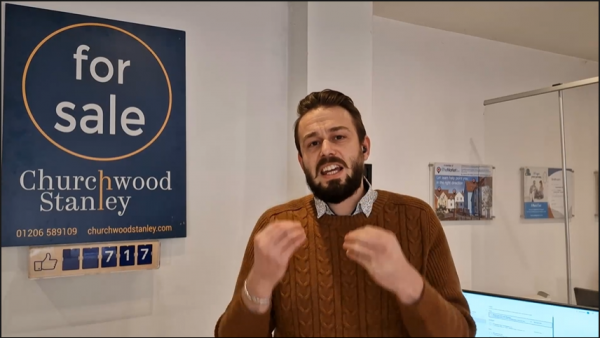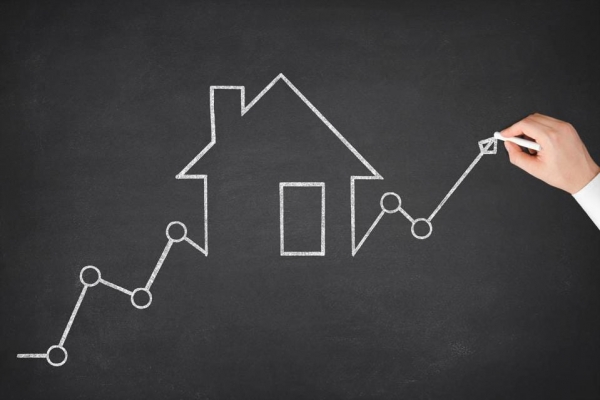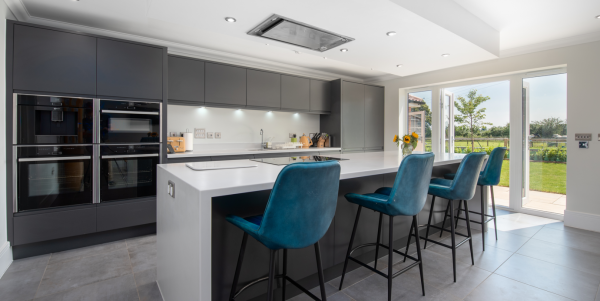We get asked many questions about what is the best way to set the listed price for properties that we bring to market.
Browsing through the usual property marketing portals you're bound to come accross a whole diferet array of ways that agents advertise their property pricing. Some clients like a 'simple asking price', some want 'offers in excess of' others a 'fixed price' and then there are those that offer 'Guide Prices' which is usually a ranged price between £X and £Y.
The question is are guide prices any good for getting the result that the client needs? This is a tough question to answer and it depends on your perspective.
From my experience a Guide Price can be confusing to buyers and this is never good. Say, for example, there was a house with a guide price of £300,000 to £325,000. Often the buyer will ask us, what is the actual price? Do they want £300,000 or do they want £325,000?
Buyers, in all their wisdom want a deal. It doesn't matter if it's a good market or not - they want to feel like their purchase is good value and the way they do that is to try to sucessfully negotiate from whatever the minimum price is. There's nothing more frustrating than a motivated seller willing to tell the buyer what his or her bottom line is only for the buyer to offer against that! I see it too many times.... even with 'offers in excess of'.
I often wonder how well these Guide Prices serve the seller too.
Take this one genuine example, I lost an instruction last year to an agent that valued higher than ourselves. It happens, it's all part of the agent selection process. Everyone wants the very best price for their property and sometimes a high valuation is the carrot the seller is willing to take a chance on.
Having spoken with this lost seller, I know his property was valued by said other agent at £375,000 and they recommended to him that they use a Guide Price of £350,000 to £375,000 for the property advert. Not having too much experience of selling houses this gentleman agreed. What happened next is that the property went live at £350,000 to £375,000 Guide Price however to actually do this the agent advertises the property at £350,000 (for search results) and in the first paragraph of the written advert they clarify that the price is a Guide Price with a £25,000 range - easy to miss and this house is actually being listed at £350,000 in buyers eyes.
So buyers being buyers latched onto the lower figure. The property did eventually sell but for £342,000 - that's some distance from the £375,000 he was told at the point of valuation! I am sure he is not alone.
So no, I don't think that Guide Prices are a good idea. Buyers find them confusing and if they're told to offer at the upper end of that guide, they don't feel like they have a deal. Whilst the agent and the vendor could stand firm on what they would accept, it makes negotiation more difficult than it needs to be. The one party this type of pricing does serve though is the agent. They're able to list the property lower than the upper end of their valuation which likely helps their footfall but ultimately results in disappointing offers for the client.
Our advice? Stick to a good old fashioned simple number. Round numbers (£10,000 or £25,000 intervals) are good as they help you appear at the top of search results online above those at £xxx,995 or £xxx,500.


 By
By 



Share this with
Email
Facebook
Messenger
Twitter
Pinterest
LinkedIn
Copy this link